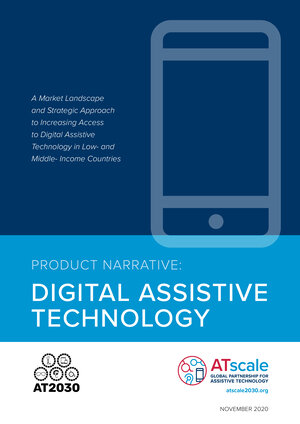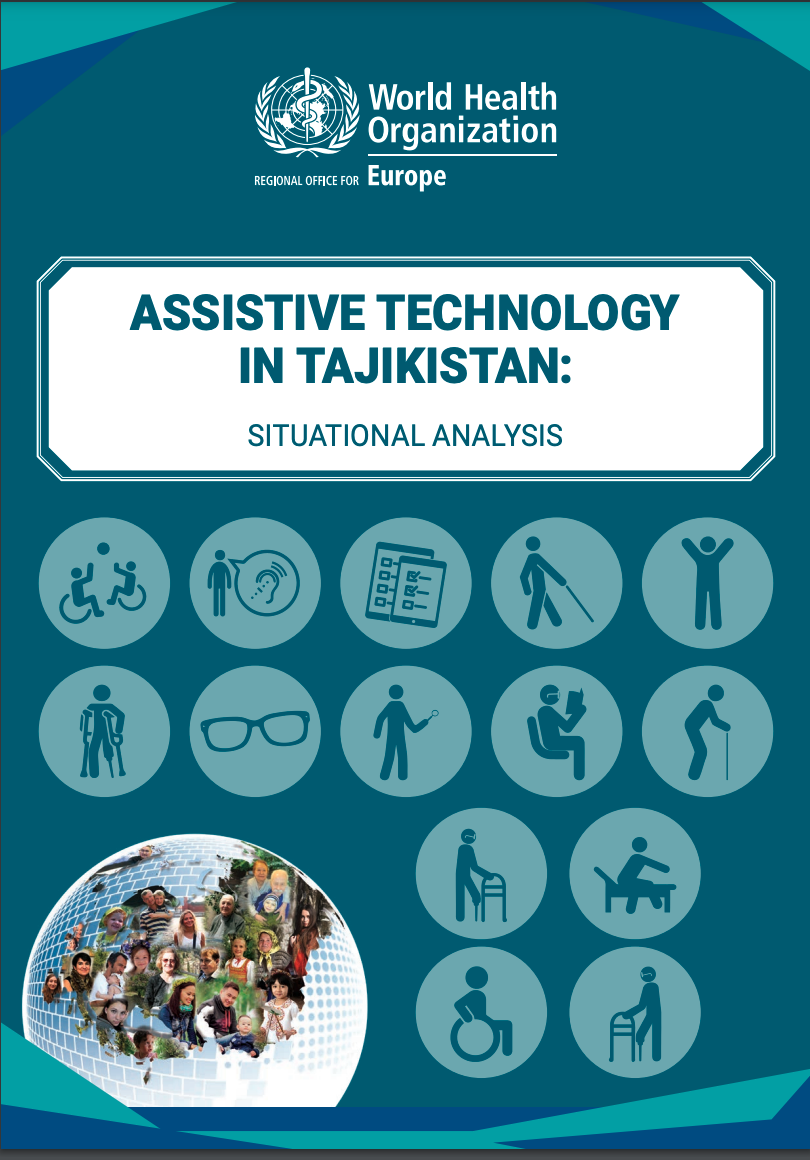Search Our Whole site:
Just Search: United States

The Future of Financial Inclusion: Transforming global financing and the finance sector from the inside out.
Hosted by the United Nations Capital Development Fund (UNCDF), Small Enterprise Assistance Funds (SEAF) and the Global Disability Innovation Hub (GDI Hub), this insightful discussion will explore how the financial sector can and is partnering with the international disability community, to accelerate sustainable, inclusive growth.

The Future of Financial Inclusion: Transforming global financing and the finance sector from the inside out.
Achieving the UN Sustainable Development Goals will take more than overseas development finance alone. We also need the power of private capital, from financial institutions and a new generation of high-net-worth investors, to help fill the gap. To coincide with the UN’s disability event - the Conference of States Parties to the Convention on the Rights of Persons with Disabilities (COSP), our reception and panel on ‘The Future of Financial Inclusion’ will spotlight how the global financial system can be a force for disability-inclusive development.
COSP17 - in person side event. Unlock the Everyday: The power of partnership to achieve access to assistive technology
Organized by UNICEF, ATscale, International Disability Alliance, and the Global Disability Innovation Hub, and co-sponsored by Australia, the United States, and Rwanda, this COSP17 side event promises to be an illuminating exploration of the power of partnership to achieve universal access to assistive technology.

Digital assistive technology for inclusion: Zainab's story
Zainab Jalal Ahmed is 37 years old and works as a translator (Arabic-English) for the Ministry of Higher Education and Scientific Research in Iraq. The documents she translates include Memorandums of Understanding and other legal document, as well as - to facilitate the sponsorship of Iraqi students to study in overseas universities in Britain, the United States or Australia - applications, transcripts of their marks and abstracts of their works. As many are documents are legal in nature, the translations need to be very precise. Zainab also interprets for delegations and other visitors.

Assistive technology in Tajikistan: situational analysis
This publication summarizes the current gaps, needs and opportunities for intervention in the field of assistive technology in Tajikistan. The situational analysis was conducted under the leadership of the Ministry of Health and Social Protection, Republic of Tajikistan and with technical support from the WHO Country Office, Tajikistan. It was undertaken in collaboration with different Government ministries and State agencies, development partners, United Nations agencies, nongovernmental organizations, disabled people’s organizations and users of assistive products. It adopted a realist synthesis approach, responsive to the unique social, cultural, economic and political circumstances in the country. The evaluation focuses on assistive technology policy and governance, service provision and the impact of assistive technology on the health and well-being of individual users and their families, with the aim of improving access to high-quality, affordable assistive products in T